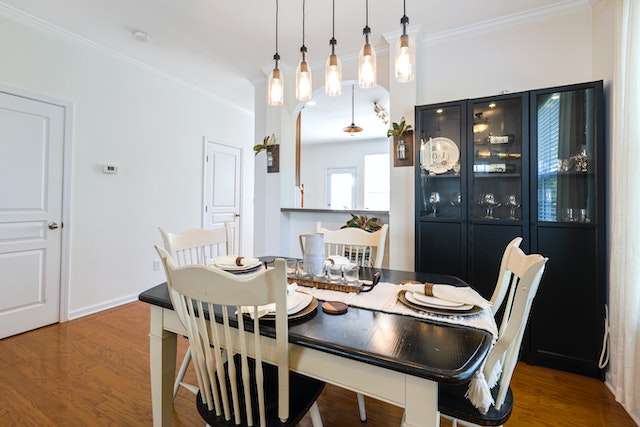Introduction
Lighting is an essential aspect of our lives that often goes unnoticed until it’s done wrong. Lighting specialists are the unsung heroes behind the scenes, ensuring that spaces are not only well-lit but also aesthetically pleasing and energy-efficient. In this blog, we’ll delve into the world of lighting specialists, exploring their key responsibilities, the importance of their work, and the skills required to excel in this profession.
- What Is a Lighting Specialist?
A lighting specialist, also known as a lighting designer or consultant, is a professional who specializes in the art and science of illuminating spaces. They are experts in the field of lighting design, responsible for creating lighting solutions that meet both functional and aesthetic requirements.
- The Importance of Proper Lighting
Good lighting has a profound impact on our lives and environments. It affects our mood, productivity, safety, and the way we perceive spaces. A lighting specialist plays a crucial role in ensuring that lighting systems are optimized for the specific needs of a given space. Here are some key areas where lighting specialists are essential:
a. Architectural Lighting: They enhance the architectural features of a space, highlighting its design and creating a welcoming atmosphere.
b. Workplace Lighting: In offices and other workplaces, lighting specialists design solutions that reduce eye strain, increase productivity, and save energy.
c. Retail Lighting: Effective lighting in retail spaces can influence customer behavior and purchasing decisions.
d. Residential Lighting: Lighting specialists can transform homes by creating cozy, functional, and energy-efficient lighting schemes.
e. Outdoor Lighting: They design outdoor lighting for safety, security, and aesthetics in public and private spaces.
- Responsibilities of a Lighting Specialist
A lighting specialist’s role encompasses various responsibilities, including:
a. Needs Assessment: Understanding the specific requirements and objectives for a lighting project, which may include energy efficiency, ambiance, or safety.
b. Design Development: Creating lighting plans, specifying fixtures, and determining placement to achieve the desired effect.
c. Energy Efficiency: Incorporating energy-efficient lighting technologies and practices to reduce environmental impact and operational costs.
d. Product Selection: Recommending suitable lighting fixtures, bulbs, and controls that align with the project’s goals.
e. Budget Management: Adhering to budget constraints while delivering quality lighting solutions.
f. Collaborative Efforts: Working closely with architects, interior designers, electrical engineers, and other stakeholders to ensure seamless integration of lighting with overall project goals.
g. Compliance: Ensuring that lighting designs meet relevant building codes and safety standards.
- Key Skills for Lighting Specialists
Becoming a successful lighting specialist requires a diverse skill set, including:
a. Design Aesthetics: A strong sense of design to create visually pleasing lighting schemes.
b. Technical Expertise: Proficiency in lighting technologies, including LED, CFL, and traditional incandescent lighting, as well as lighting control systems.
c. Communication Skills: Effective communication with clients and other project stakeholders to understand and convey lighting goals and strategies.
d. Sustainability Knowledge: An understanding of sustainable lighting practices and how to minimize energy consumption and environmental impact.
e. Software Proficiency: Familiarity with design and simulation software like AutoCAD, AGi32, and Dialux.
f. Project Management: The ability to manage projects from conception to completion, keeping within budget and timelines.



